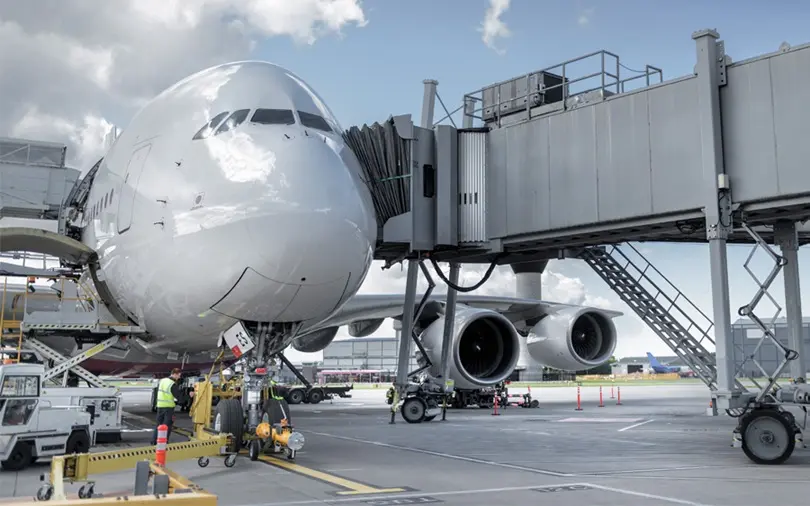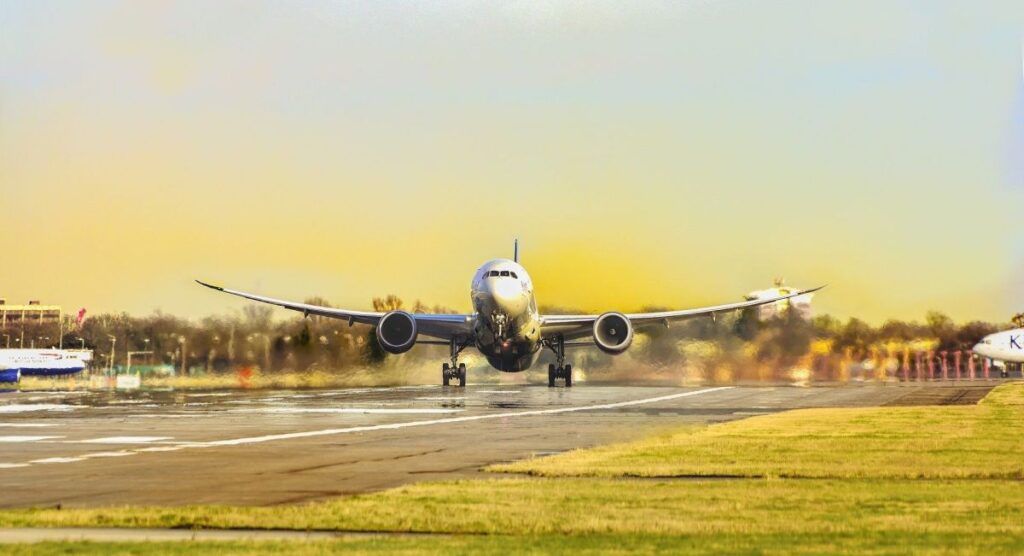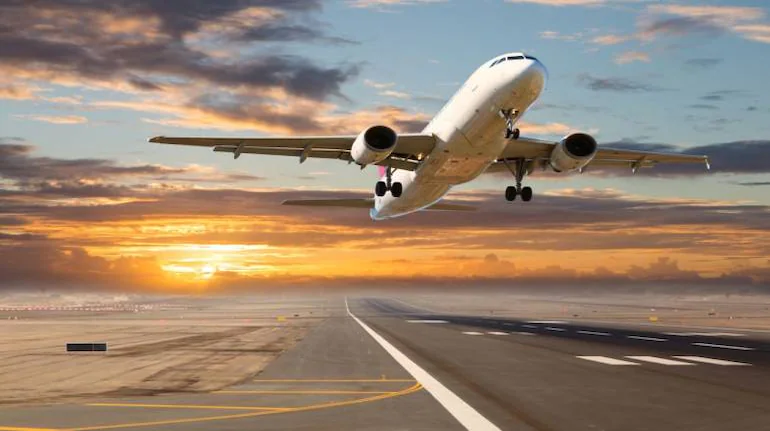Aircraft leasing companies scrambling to gather up planes from Russia are about to collide with an aviation insurance industry bracing for an unprecedented torrent of claims.

Lessors of planes stranded in Russia since the sanctions started have warned insurers of possible future claims if the planes are not replaced. Insurers, meanwhile, are revoking some policies, including for war danger, and could dispute claims on coverage yet in force, according to industry participants.
“The scale of potential losses here is staggering,” told Garrett Hanrahan, international head of aviation and space for insurance brokerage Marsh, a unit of Marsh McLennan. “This could potentially be the largest aviation insurance loss in the market past.”
Both sides are attempting to improve their positions after President Vladimir Putin allowed Russian airlines to keep planes until the end of their lease and re-register them in the country. Leasing companies seeking to repossess the planes have until March 28 to cancel contracts under European Union sanctions and wider banking bans. As attention turns to the insurance market, coverage providers are trying to avoid being overwhelmed with claims. The stalemate threatens businesses all along the insurance market food chain.
Foreign lessors had 509 aircraft leased from Russian operators as of March 16, according to aviation consultant IBA. This is 14 aircraft less than the count of 523 aircraft on March 10. Some of the 14 planes were outside Russia when the sanctions were imposed and have since been returned to lessors, IBA said. Dublin-based AerCap Holdings NV, the world’s largest leasing company, had 142 of the initial total, followed by SMBC Aviation Capital with 35 as of March 10, although it is unclear exactly how many planes leased stay in Russia.
Lloyd’s of London provides the vast majority of aviation coverage, according to people familiar with the matter who asked not to be identified while discussing private data.
Representatives for AerCap and SMBC Aviation declined to say
Representatives for AerCap and SMBC Aviation declined to say whether they had sent notices of claim. Lloyd’s of London declined to comment on the market’s exposure to potential claims.
AerCap will comply with EU sanctions, he told late last month. SMBC Aviation terminated all of its Russian leases and owned aircraft in Russia with a net book value of $1.7 billion in February.
The TBEN reported on Thursday that Lloyd’s of London expects a “significant but manageable overall loss” with a final bill of between $1 billion and $4 billion after reinsurance is paid, citing a person familiar with the matter. The exchange did not respond to a request for comment on the estimate.

Russia’s action to keep planes whose leases have been canceled could actually help lessors with their insurance claims, Steven Udvar-Hazy, chairman of Air Lease Corp, told on Wednesday. at a JPMorgan Chase & Co.
“It demonstrates intent to confiscate, which I think is a critical aspect of our war risk insurance,” Udvar-Hazy told. Analysts at Credit Suisse Group AG said in a note on Thursday that there would be “significant debate” over the effectiveness of primary insurance coverage. But secondary coverage held by lessors — which are contracts with the insurance company and unrelated to Russian entities — should remain effective, analysts led by Moshe Orenbuch told.
Also, read
- Development of Shillong Airport is not possible, AAI offers for a new airport
- Telangana: Female Trainee Pilot Confirmed Dead as Aircraft Crashes in Nalgonda
- Air India : Tata Sons chairman N Chandrasekaran appointed as Chairman
Primary insurers who get notices of possible claims may also turn to their reinsurers for reimbursement. Legal battles could loom as companies bicker over what is covered and what is not, told James Healy-Pratt, an aviation lawyer and partner at Keystone Law in London.
“The problem of planes leased to Russia will be very complex, as countries don’t normally seize large fleets of planes,” he told. “Whatever happens, lessors will face a massive write-down in the value of their assets and so far we have not seen any SEC filings from lessors.”
Healy-Pratt referred to Iraq’s invasion of Kuwait in 1990, where Iraqi forces took a number of commercial aircraft, fueling around two decades of litigation.
“While not just parallel, the scale of the challenge ahead will be enormous and I expect years of litigation between lessors, insurers, and underwriters over who foots the bill,” he told.
Hong Kong to Russia
The disputed situation has already prompted at least one lawsuit. Singapore-based lessor BOC Aviation Ltd. sued Russia’s AirBridgeCargo Airlines LLC this week over a Boeing Co. plane currently in Hong Kong. BOC Aviation alleges that the cancellation of a reinsurance policy triggered a default under their lease agreement, allowing the jet to be repossessed.
“Due to the canceled and invalidated insurance, BOCA terminated the lease of the aircraft and exercised its contractual right to demand the immediate return of the aircraft with all necessary documentation,” BOC Aviation alleges in the lawsuit. “AirBridge, however, refuses to acknowledge the termination of the aircraft lease and refuses to back the records. Instead, it is asking BOCA to allow the aircraft to be flown from Hong Kong to Russia
The exposure of the insurance sector remains to be determined. If the leasing companies handle to get all their planes back from Russia, any claims may disappear, according to Marsh’s Hanrahan. Lloyd of London’s dominance in the market could also deter claims as holders of canceled policies refrain from working the main provider of insurance cover for fear of being left out, people familiar with the matter told.

Lloyd’s of London, the world’s largest insurance exchange, said business in Russia and Belarus accounts for less than 1% of its business. The exchange offers loss or damage coverage as well as liability policies and a specific type of “confiscation” insurance for aviation, two of the people familiar with told.“It’s a fresh challenge, and I think we have to say to ourselves, ‘This won’t be the last of those challenges,’” Hanrahan told.
Thank you
Stay updated with Aviationa2z.com

